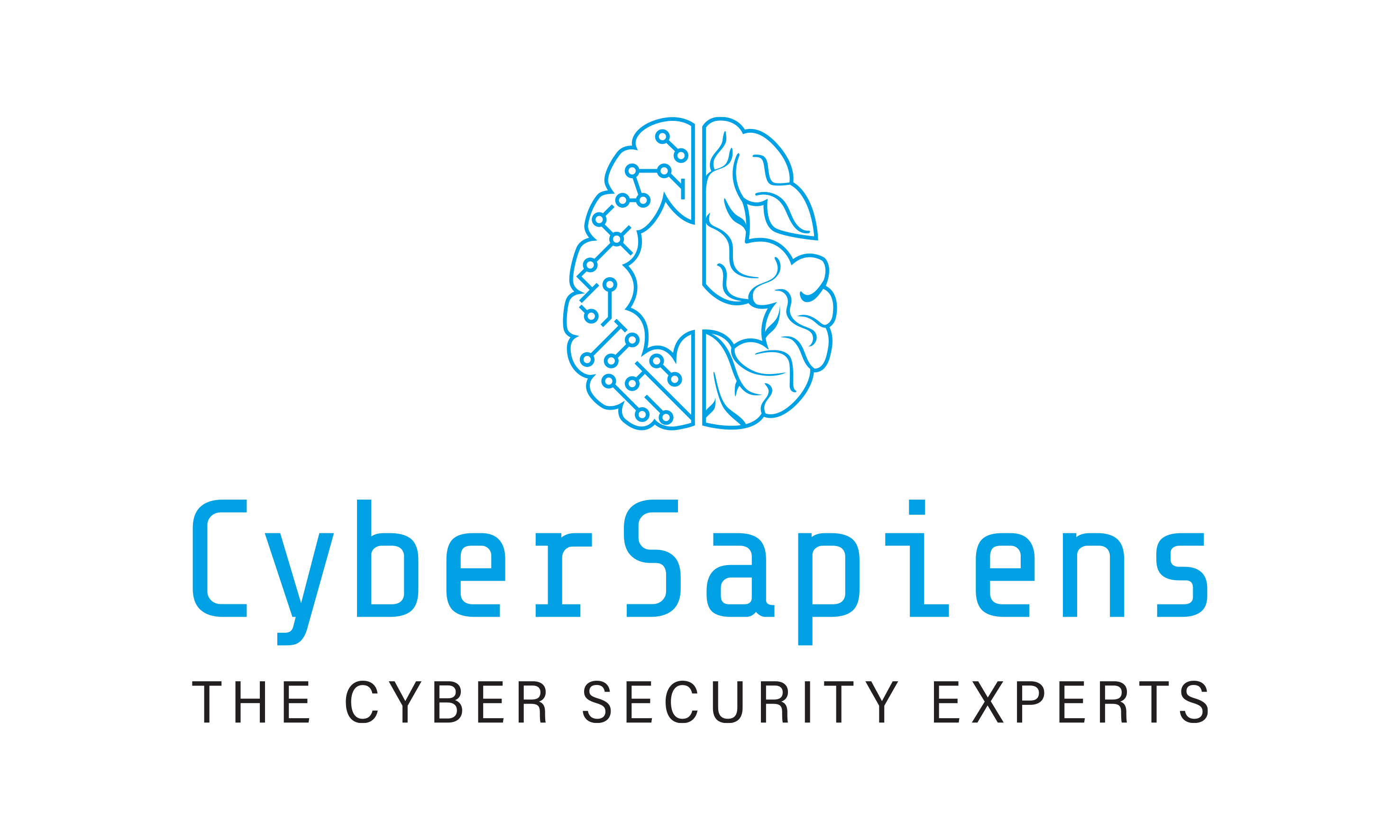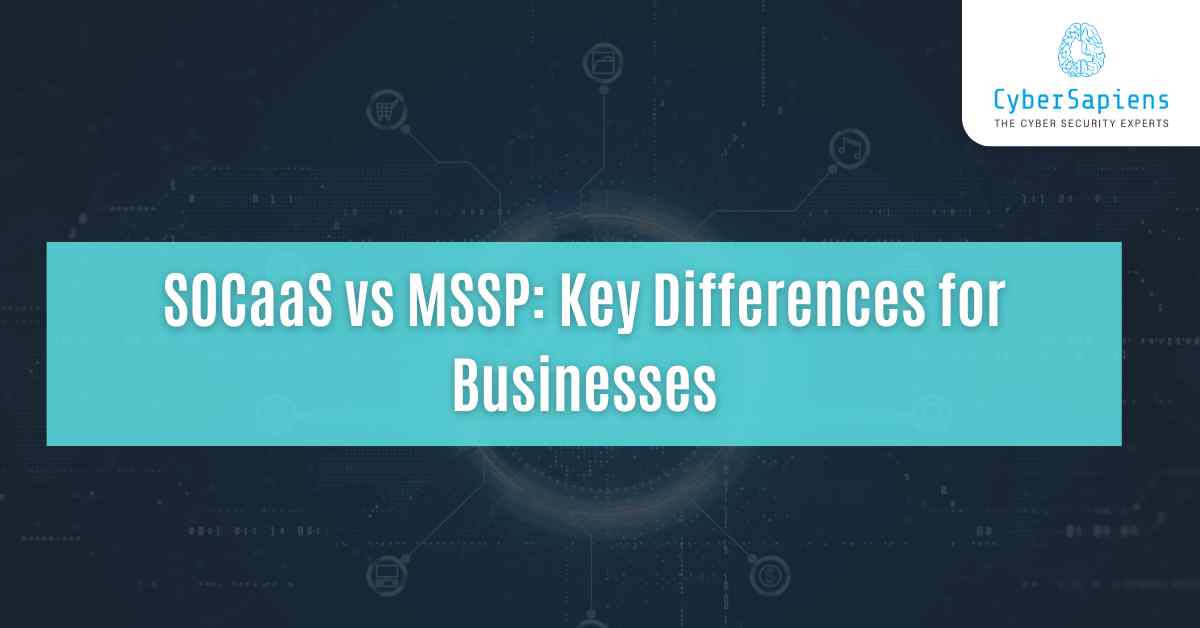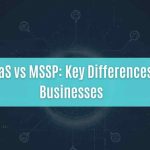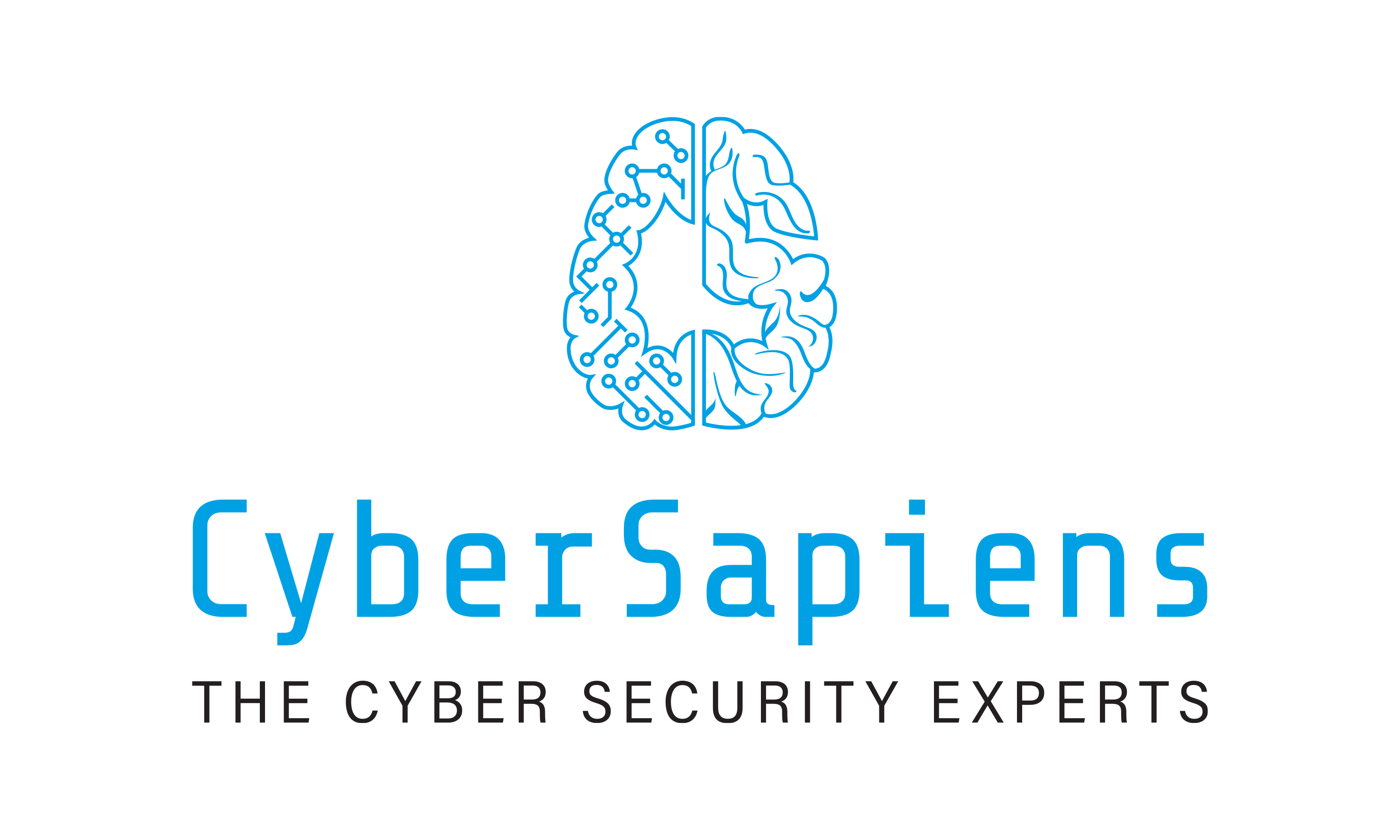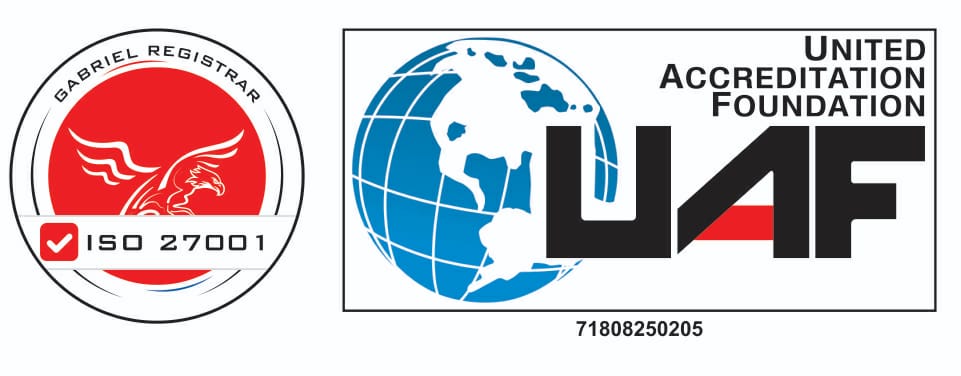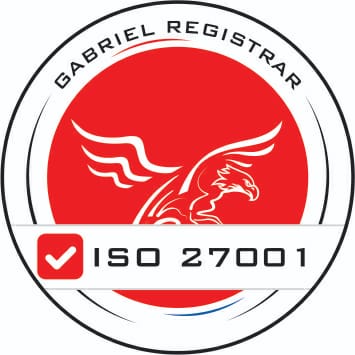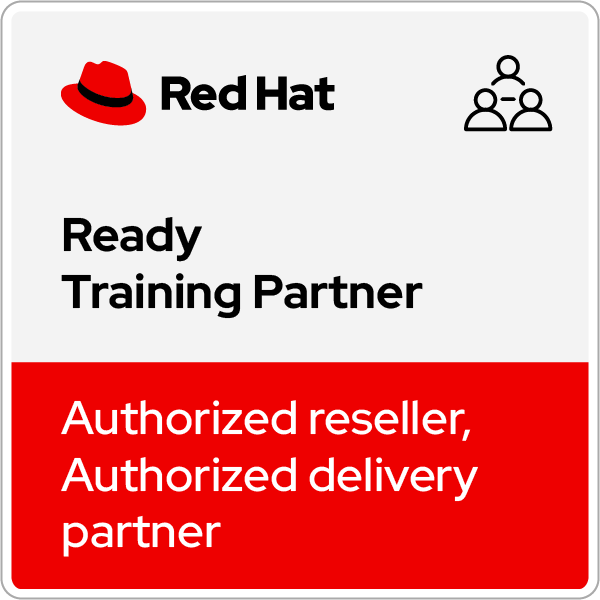Cybersecurity is a top priority for businesses of all sizes. As the frequency and severity of cyber threats continue to rise, organizations are turning to specialized services to protect their networks, systems, and data.
Two popular options for outsourced security management are SOCaaS (Security Operations Center as a Service) and MSSP (Managed Security Service Provider). While both services offer similar benefits, there are distinct differences between the two.
In this article, we’ll explore the key differences between SOCaaS and MSSP or SOCaaS vs MSSP, helping businesses make informed decisions about their security needs.
What is a SOCaaS?
A SOCaaS is a cloud-based security operations centre that provides real-time threat detection, incident response, and continuous security monitoring. SOCaaS providers use advanced security tools and technologies to monitor and analyze network traffic, identify potential threats, and respond to incidents.
This service is designed to provide businesses with a dedicated security team and infrastructure without the need for significant capital investments.
What is an MSSP?
An MSSP is a service provider that delivers a broad range of security services to businesses, including threat management, vulnerability assessment, and incident response. MSSPs often provide a comprehensive security program that includes people, processes, and technology. These services can be delivered on-premises, in the cloud, or through a hybrid model.
Key Differences between SOCaaS and MSSP
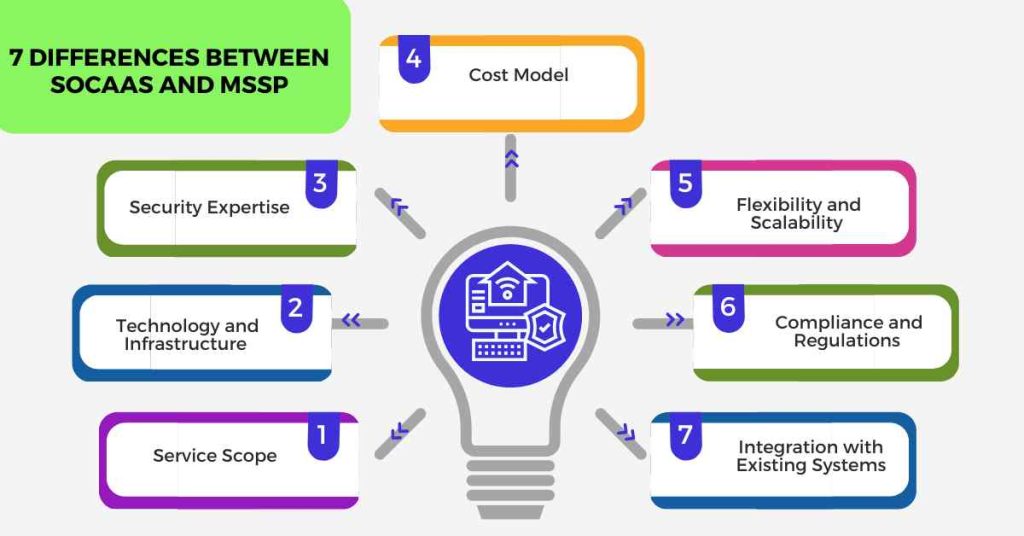
While both SOCaaS and MSSP provide essential security services, there are significant differences between the two. Here are the key differences:
1. Service Scope
SOCaaS focuses primarily on security operations, including threat detection, incident response, and security monitoring. MSSPs, on the other hand, offer a broader range of security services, including consulting, vulnerability assessment, and compliance management.
2. Technology and Infrastructure
SOCaaS providers typically use cloud-based technologies and infrastructure to deliver their services. MSSPs often use a combination of on-premises, cloud-based, and hybrid technologies to deliver their services.
3. Security Expertise
SOCaaS providers often have specialized security expertise, including threat analysis and incident response. MSSPs may have a broader range of security expertise, including security consulting, vulnerability assessment, and compliance management.
4. Cost Model
SOCaaS providers typically charge a subscription-based fee for their services, which can be more cost-effective for businesses. MSSPs often charge a flat fee or a fee based on the scope of services provided.
5. Flexibility and Scalability
SOCaaS providers are often more flexible and scalable, making it easier for businesses to adjust their security services as needed. MSSPs may require more time and effort to adjust their services to meet changing business needs.
6. Compliance and Regulations
SOCaaS providers may have more expertise in compliance and regulations, such as HIPAA, PCI-DSS, and GDPR. MSSPs may have broader compliance expertise, including industry-specific regulations and standards.
7. Integration with Existing Systems
SOCaaS providers often have easier integration with existing security systems, such as firewalls and intrusion detection systems. MSSPs may require more time and effort to integrate their services with existing systems.
Please find the below table for a clear understanding:
| Feature | SOCaaS | MSSP |
| Scope of Services | Limited to security operations, threat detection, incident response, and security monitoring | Comprehensive security program, including consulting, vulnerability assessment, and compliance management |
| Cost Model | Subscription-based fee | Flat fee or fee based on scope of services |
| Level of Security Expertise | Advanced security expertise, but limited to security operations | Broad range of security expertise, including consulting and compliance management |
| Integration with Existing Systems | May require additional integration work | Typically integrated with existing systems and infrastructure |
| Contract Length | Typically 1-3 years, with some providers offering month-to-month or quarterly contracts | Typically 1-3 years, with some providers offering month-to-month or quarterly contracts |
| Industry-Specific Expertise | May have limited industry-specific expertise | Typically has industry-specific expertise, including certifications such as HIPAA or PCI-DSS |
| Security Tools and Technologies | Advanced security tools and technologies | Advanced security tools and technologies, as well as consulting and vulnerability assessment |
Top 5 Benefits of SOCaaS
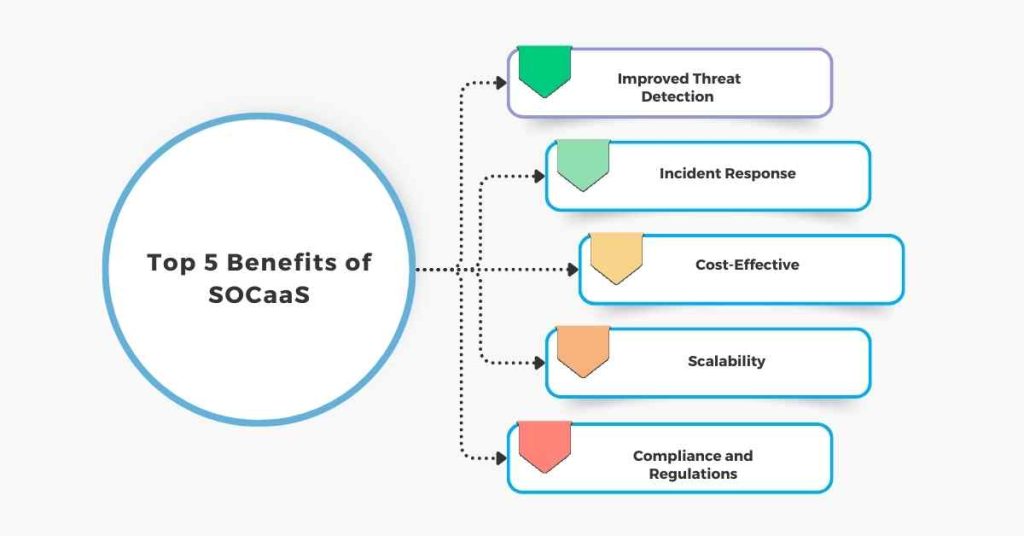
The benefits of using a SOCaaS provider include:
1. Improved Threat Detection
SOCaaS providers have advanced security tools and technologies to detect threats in real time.
2. Incident Response
SOCaaS providers can respond to incidents quickly and effectively, minimizing downtime and data loss.
3. Cost-Effective
SOCaaS providers offer a cost-effective solution for businesses, eliminating the need for significant capital investments in security infrastructure and personnel.
4. Scalability
SOCaaS providers can easily scale their services to meet changing business needs.
5. Compliance and Regulations
SOCaaS providers have expertise in compliance and regulations, ensuring businesses meet industry-specific standards and regulations.
Top 5 Benefits of MSSP
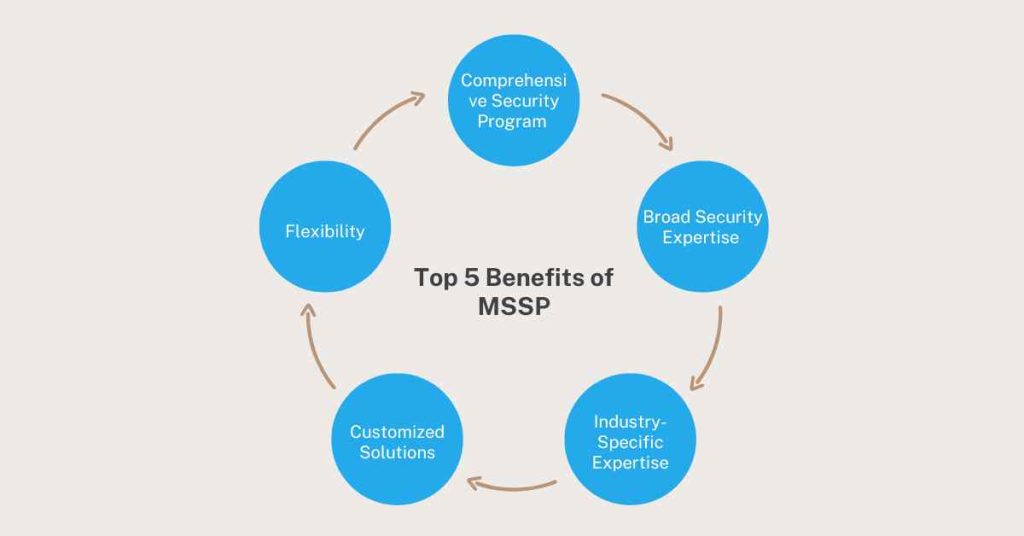
The benefits of using an MSSP include:
1. Comprehensive Security Program
MSSPs offer a comprehensive security program that includes people, processes, and technology.
2. Broad Security Expertise
MSSPs have a broad range of security expertise, including consulting, vulnerability assessment, and compliance management.
3. Industry-Specific Expertise
MSSPs may have industry-specific expertise, ensuring businesses meet specific regulations and standards.
4. Customized Solutions
MSSPs can provide customized solutions to meet the unique security needs of businesses.
5. Flexibility
MSSPs can provide flexibility in their services, adjusting to meet changing business needs.
Conclusion
In conclusion, both SOCaaS and MSSP provide essential security services for businesses. However, the key differences between the two services lie in their scope, technology, security expertise, cost model, flexibility, and scalability.
SOCaaS providers focus primarily on security operations, including threat detection, incident response, and security monitoring, while MSSPs offer a broader range of security services, including consulting, vulnerability assessment, and compliance management.
FAQs: SOCaaS vs MSSP
1. What is the main difference between SOCaaS and MSSP?
Ans: The main difference between SOCaaS and MSSP is the scope of services provided. SOCaaS focuses primarily on security operations, including threat detection, incident response, and security monitoring, while MSSPs offer a broader range of security services, including consulting, vulnerability assessment, and compliance management.
2. How do I choose between SOCaaS and MSSP for my business?
Ans: To choose between SOCaaS and MSSP, assess your business’s specific security needs and goals. Consider factors such as the level of security expertise, the scope of services required, and the cost and scalability of the services.
3. What is the primary benefit of using a SOCaaS provider?
Ans: The primary benefit of using a SOCaaS provider is improved threat detection and incident response. SOCaaS providers have advanced security tools and technologies to detect threats in real time and respond quickly and effectively.
4. What is the primary benefit of using an MSSP?
Ans: The primary benefit of using an MSSP is a comprehensive security program that includes people, processes, and technology. MSSPs offer a broad range of security expertise, including consulting, vulnerability assessment, and compliance management.
5. How do I ensure that my business’s security needs are met by a SOCaaS or MSSP provider?
Ans: To ensure that your business’s security needs are met, evaluate the service provider’s expertise, technology, and infrastructure. Look for customized solutions that meet your unique security needs and goals.
6. What is the typical cost model for SOCaaS and MSSP providers?
Ans: SOCaaS providers typically charge a subscription-based fee for their services, while MSSPs often charge a flat fee or a fee based on the scope of services provided.
7. How do I evaluate the industry-specific expertise of a SOCaaS or MSSP provider?
Ans: To evaluate the industry-specific expertise of a SOCaaS or MSSP provider, research their experience working with similar businesses in your industry. Look for certifications, such as HIPAA or PCI-DSS, and ask about their experience with industry-specific regulations and standards.
8. Can I use both SOCaaS and MSSP providers for my business?
Ans: Yes, it is possible to use both SOCaaS and MSSP providers for your business. This can provide a comprehensive security program with advanced security operations and incident response.
9. How do I ensure that my business’s security is properly integrated with existing systems and infrastructure?
Ans: Work with the service provider to evaluate the integration process to ensure that your business’s security is properly integrated with existing systems and infrastructure. Look for service providers with expertise in integrating their services with existing systems.
10. What is the typical contract length for SOCaaS and MSSP providers?
Ans: The typical contract length for SOCaaS and MSSP providers can vary depending on the provider and the scope of services. Typically, contract lengths range from one to three years, with some providers offering month-to-month or quarterly contracts.

